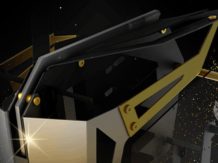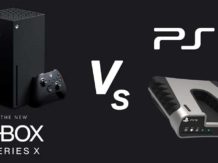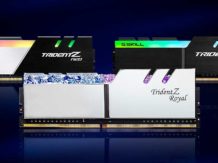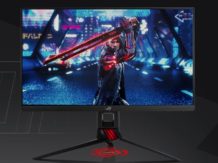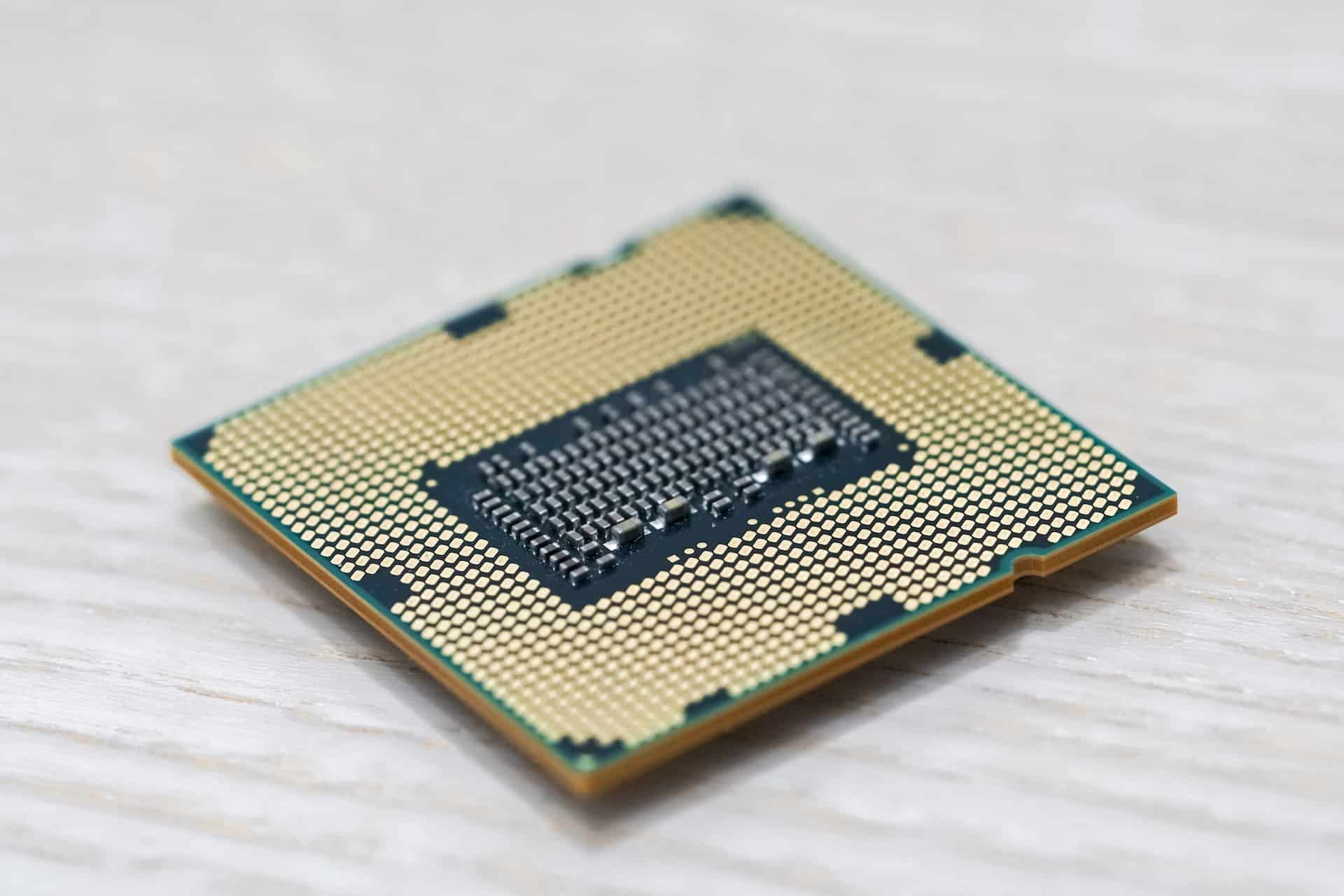Gradually the use of mechanical hard drives is detrimental in favor of much faster SSDs. However, in business and NAS environments they are still used because they provide good capacity for what they cost, allowing you to create faster and more secure RAID environments.
Unlike the usual hard drives with CMR technology, SMR drives allow higher densities data on the plates but in exchange they are slower and cause problems in RAID environmentsTherefore, it is precisely counterproductive to use them in these environments. And, most serious of all, is that these three manufacturers have been selling records with this technology without reporting it, sneaking and saving a good slice in production costs.
What problems do SMR hard drives have?
SMR technology is relatively new and allows manufacturers to increase the storage density on their platters compared to standard CMR technology, but this technique brings with it some downsides. The way the data tracks are generated on the decks when SMR technology is used causes the writing tracks to be placed “stepping” on each other, which allows for a higher data density but makes access to these then be quite slow.
In addition to having significantly lower performance, SMR disks have other problems precisely when used in RAID environments, which is most common in both the corporate and NAS environments, even at home, and that is when this type of hard disk is included RAID may not give problems initially, but when rebuilding a RAID give data parity error and does not allow to do it.
This means that users who have a RAID system with SMR disks could be exposed to data loss, and this is extremely serious and that is completely irresponsible on the part of manufacturers, since if they reported this, users would probably not buy these types of hard drives for use in RAID.
How do you know if you have an SMR disk?
Right in the next section we list all the hard drives that are affected, but if you want to check it out for yourself there is an additional way to do it. Apparently – we have to confirm this yet – SMR hard drives have TRIM support and CMRs do not. On Linux based NAS systems you would have to open a system console and enter the following command:
hdparm -l / dev / sda | grep TRIM
Where you should change "sda" for "sdb", "sdc", etc. depending on the number of drive in which the hard disk is installed.
It wasn't just WD, Toshiba and Seagate add to the scandal
Already WD admitted that some of its WD Red hard drives, specifically designed for NAS, used SMR technology and not CMR without warning (specifically all WD Reds between 2 and 6 TB). Now it is Toshiba and Seagate that have been discovered using exactly the same practice on some of their hard drives, and specifically the models in which this technology has been discovered without reporting are the following (for the moment, it is not ruled out that more models appear ):
- WD Red 2-6TB (all models)
- Seagate Barracuda 8TB (ST8000DM004)
- Seagate Desktop 5 TB (ST500DM000)
- Toshiba P300 4TB (HDWD240UZSVA)
- Toshiba P300 6TB (HDWD260UZSVA)

As you will suppose, this practice is totally illegal and indeed some users are already organizing on sites like Reddit to file a class action lawsuit against the manufacturers. If manufacturers informed users that they use this slower, more RAID-causing technology, users would very likely have opted for other hard drive models for their systems.
In addition, using this technology lowers the production costs of hard drives, but the three manufacturers continue to sell them at normal prices as if they were CRM, that is, that they are profiting from it and therefore the situation is even more serious.
WD defends itself against accusations, urges purchase of other models
WD was the first to be "discovered" with this deception, and has also been the first to make allegations:
“SMR is a tried and tested technology that enables us to keep up with the growing volume of data for personal and commercial use. We are continually innovating to move forward. SMR technology is implemented in different ways: Drive Managed SMR (DMSMR) on the device itself, as in the case of the smaller capacity WD Red drives (2-6TB) and Host Managed SMR, which is used in high capacity data center applications. Each implementation serves a different use case, ranging from personal computing to the world's largest data centers. ”
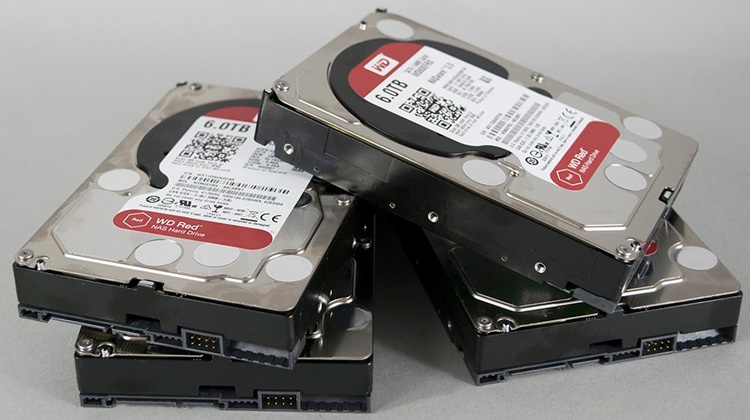
WD explains that its WD Red range of hard drives is optimized for low-workload home and small business NAS, making this technology a viable option. And worst of all, that if we want not to have these problems we should buy higher category records like the WD Red Pro or WD Gold. All a brazenness.








